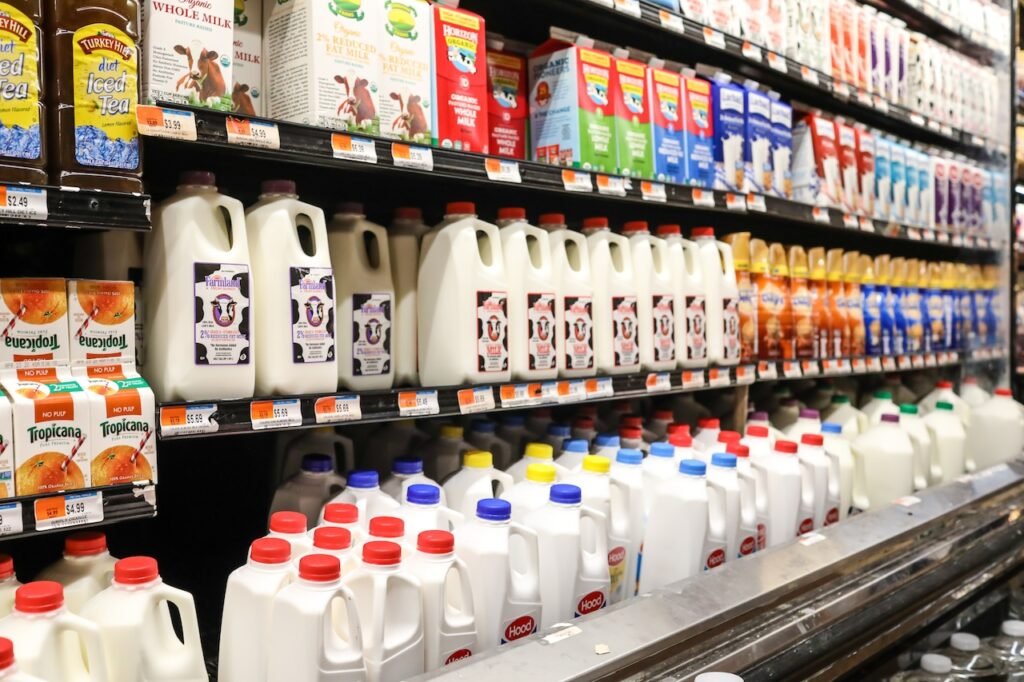If you’re facing a cost-of-living crisis, you’re not alone. Three-quarters of Americans agree with you, saying they don’t feel financially secure today, according to a new report. The prices of necessities like housing, food and transportation have exploded so much over the last three and a half years that a family needs an annual income of $186,000 to feel comfortable.
That’s a shocking figure — more than twice what the average full-time worker earns. Even in a household with two parents pulling in the average full-time salary, they’d still be about $28,000 short annually.
It’s no wonder then that people are so pessimistic about the economy or that 70% of Americans are stressed about their finances. With inflation far outpacing wage growth over the last three and a half years, the middle class simply cannot afford the lifestyle they had just four years ago.
The source of that inflation — and other economic ills — is excessive government spending. The political right has nothing to brag about on this score, but spending really kicked into overdrive when the radical left took control of Congress and the White House in 2021. The federal government spent and borrowed trillions upon trillions of dollars it didn’t have.
The amounts were so large that the Treasury couldn’t even borrow enough money to fund it all. In response, the Federal Reserve literally created the money for the Treasury to spend, helping fuel the nearly $35 trillion federal debt. That devalued the currency, which meant that it took more dollars to buy the same products and services than before.
Sadly, it didn’t have to be this way. If the big-spending radicals in Washington, D.C., had merely allowed the emergency COVID spending to expire at the end of 2020, then the federal budget would be nearly balanced today. Instead, they institutionalized multi-trillion-dollar deficits, with the predictable result of 40-year-high inflation.
Higher prices have completely destroyed the typical American family’s budget over the last several years. Even though that family’s weekly paycheck has increased by about $300, it buys roughly $100 less because those larger paychecks have lost so much purchasing power.
That’s why millions of Americans have had to get second (or even third) jobs to make it from paycheck to paycheck. The steep increase in the cost of living has also driven millions of Americans into credit card debt, with total outstanding balances now exceeding $1.1 trillion.
In response to the inflation that it helped cause, the Fed belatedly pushed up interest rates, which has made borrowing much more expensive, including on those credit cards. American families are now paying more than $260 billion annually in credit card interest alone.
For the typical American family, today’s higher prices and higher financing costs are the equivalent of losing about $8,000 in annual income compared to three and a half years ago.
The deadly combination of high prices and high interest rates is perhaps most evident in the housing market. The monthly mortgage payment on a median price home in June of this year was about 120% higher than it was in January 2021, when the radical left took control of the federal government.
That means the cost of homeownership has more than doubled in just three and a half years. It takes about $14,000 more per year, for 30 years, to afford just the median home in America today.
The breakneck increase in the cost of housing parallels the sharp rise in the price of food, insurance, transportation and clothing. It’s not yachts and caviar that are breaking the bank for the American middle class, but necessities.
Adding insult to injury, the federal government has gone on a regulatory splurge for the last three and a half years, imposing thousands of dollars in additional costs per American family, every year.
But the plight of the American middle class is of no concern to the radical left, who are hellbent on pursuing their big-government, anti-growth, anti-family agenda at all costs. Be warned: The price of that agenda is compounding faster than the federal debt that finances it.
____
E.J. Antoni is a public finance economist and the Richard F. Aster fellow at the Heritage Foundation and a senior fellow at Unleash Prosperity.
___
©2024 Tribune Content Agency, LLC.

